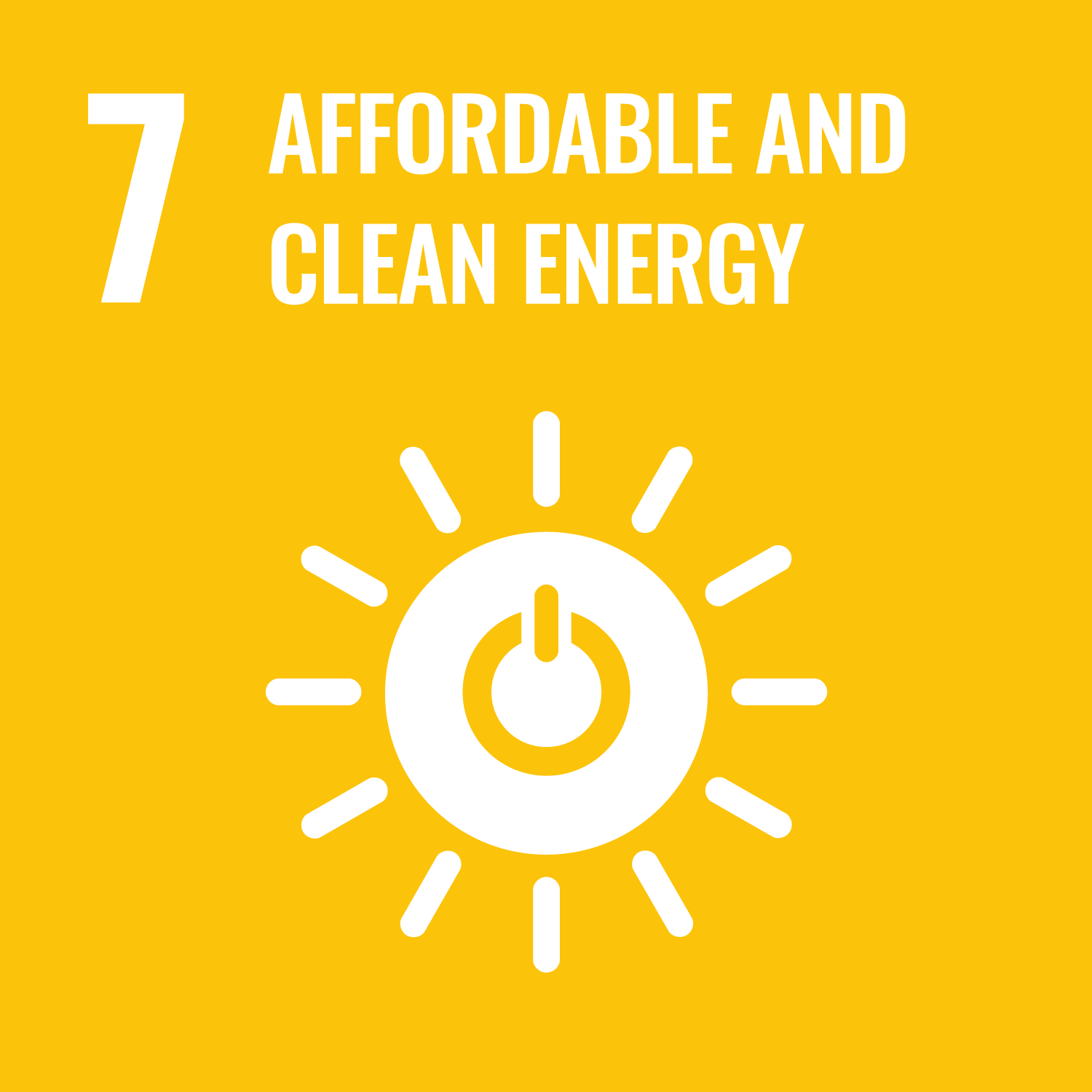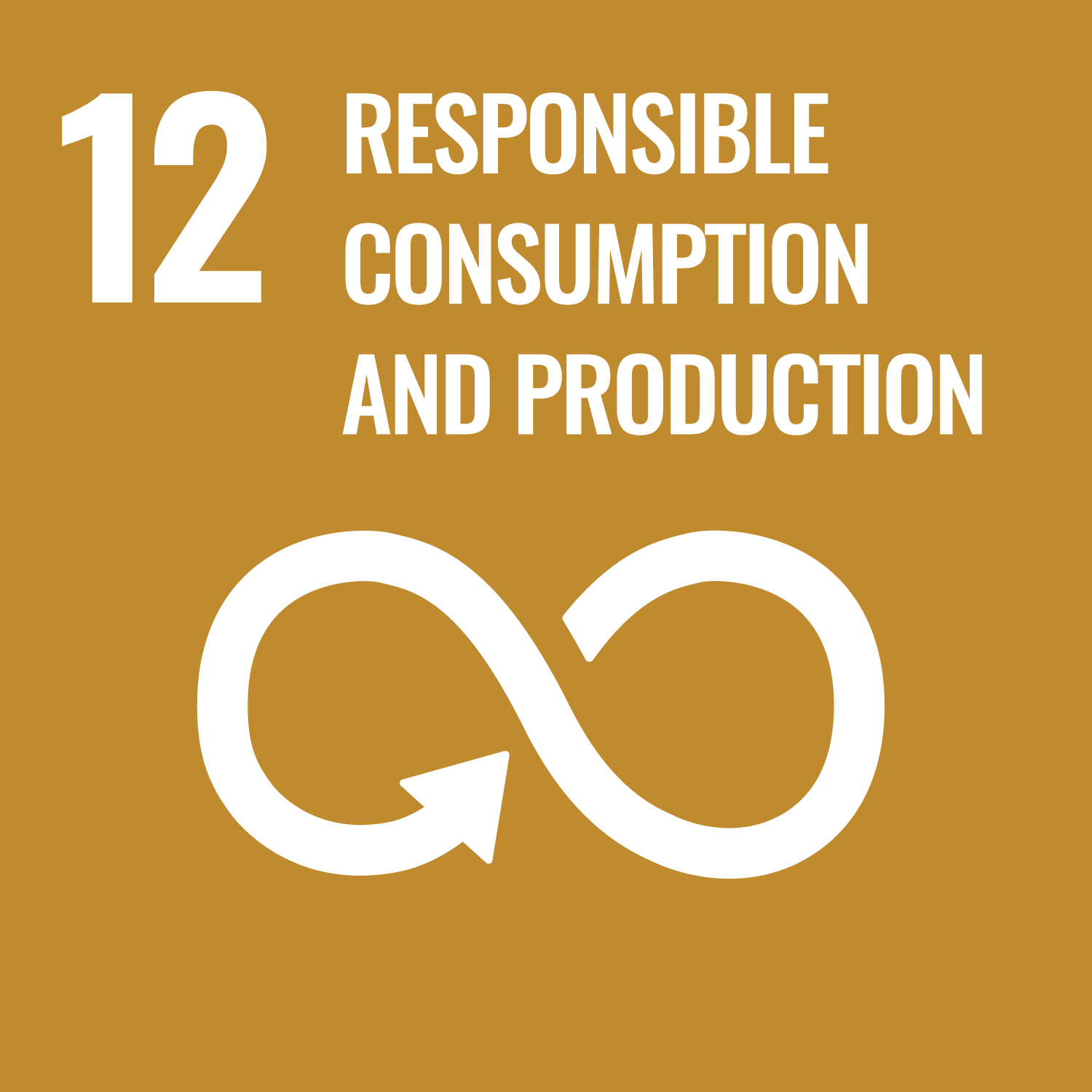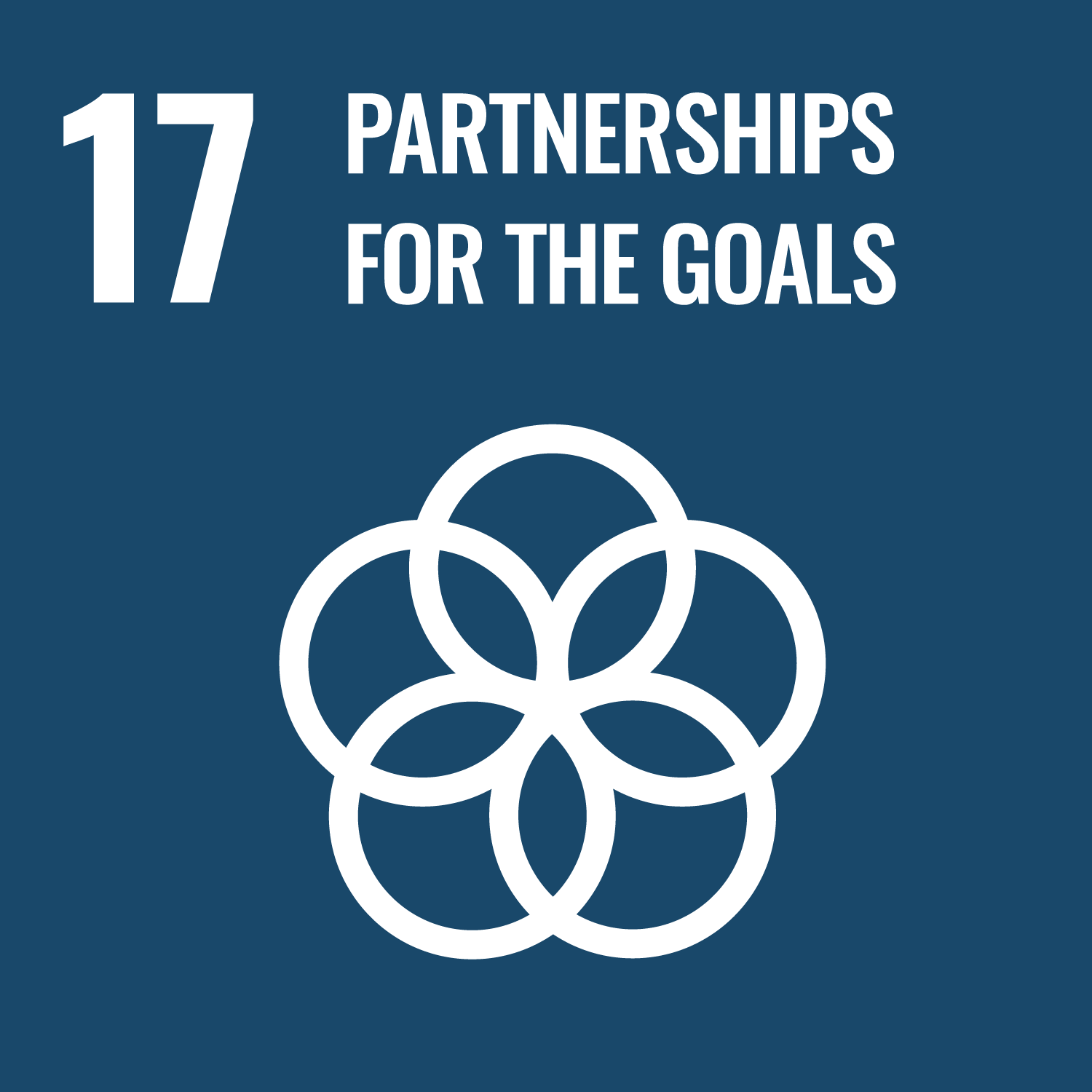ORCID
- S Goodhew: 0000-0003-1227-217X
Abstract
The use of innovative sustainable technologies (IST) has been regarded as an effective approach to enhancing energy efficiency and reducing carbon emissions of buildings. However, contractors face significant challenges in the selection of IST. The reported challenges in the literature include: lack of skills and knowledge, uncertainties, risks and the rapid development of a large number of technological alternatives and decision criteria. The selection process emerges as a multi-attribute, value-based task that includes both qualitative and quantitative factors, which are often assessed with imprecise data and human judgments. This paper aims to establish the decision criteria for the selection of IST for achieving low carbon existing retail buildings with a focus on the main contractor’s perspective. The arguments are informed by the combination of literature review and an in-depth case study with a UK leading contractor. Five broad decision criteria are identified systematically drawing on the contractor’s practice. The established criteria are weighted and ranked using the analytic hierarchy process and expert opinions; with ‘margin opportunity’ being the most important, followed by ‘repeat business’, ‘investment costs’, ‘differentiation’ and then ‘transferability’. The findings should facilitate the integration of various facets of the selection process and stimulate contractors to use IST.
Publication Date
2014-05-19
Event
Construction Research Congress 2014
Publication Title
Default journal
Recommended Citation
Zainab, S., Wei, P., Goodhew, S., & Fuertes, A. (2014) 'Contractors Perspective on the Selection of Innovative Sustainable Technologies for Achieving Zero Carbon Retail Buildings', Default journal, . Retrieved from https://pearl.plymouth.ac.uk/ada-research/277




